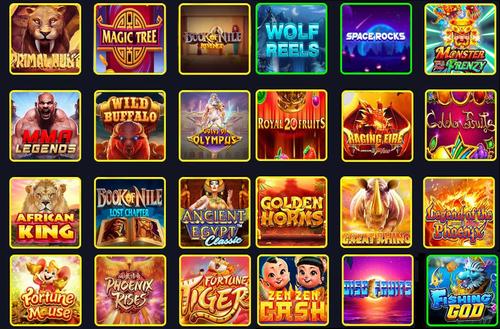
Obesity and mental ill | a gambling man short film yify | Updated: 2024-12-05 18:15:44

The Seven Lucky Gods consist of:
- **Ebisu**: The god of fishermen and luck. - **Daikokuten**: The god of wealth and fertility. - **Bishamonten**: The god of war and protector of the righteous. - **Benzaiten**: The goddess of music, art, and knowledge. - **Fukurokuju**: The god of wisdom, luck, and longevity. - **Jurojin**: The god of longevity and happiness. - **Hotei**: The god of abundance and contentment. ## 2. Individual Characteristics of Each God ### 2.1 EbisuEbisu is often depicted as a jovial figure with a fishing rod and a large sea bream. He symbolizes hard work and success in business endeavors. Offering prayers to Ebisu during the New Year is believed to bring good fortune.
### 2.2 DaikokutenDaikokuten is illustrated as a plump man holding a mallet and a bag of treasure. He is linked to agriculture and commerce and is revered as a protector of the home and familial prosperity.
### 2.3 BishamontenBishamonten wears armor and carries a spear, symbolizing protection and strength. As a guardian against evil, he protects his followers and ensures they achieve their honorable goals.
### 2.4 BenzaitenBenzaiten is usually shown playing a biwa, a traditional Japanese stringed instrument. She embodies creativity, inspiration, and happiness, making her a favorite among artists and musicians.
### 2.5 FukurokujuFukurokuju is characterized by his long forehead and walking stick, signifying wisdom and longevity. His presence reflects the belief that wisdom leads to wealth and prosperity throughout one’s life.
### 2.6 JurojinSimilar to Fukurokuju in wisdom, Jurojin represents happiness and fulfillment in life. He is often depicted with a scroll of immortality and is also linked to wellness and age.
### 2.7 HoteiHotei, also known as the "Laughing Buddha," is recognized for his mirthful appearance and big belly. He symbolizes contentment and generosity and is popularly associated with bringing happiness and abundance.
## 3. Cultural Significance of the Seven Lucky GodsThe Seven Lucky Gods play a vital role in various Japanese celebrations and customs. During the New Year, people visit shrines dedicated to these deities, believing that doing so will attract good fortune for the upcoming year. The Seven Lucky Gods are also represented in art, literature, and festivals throughout Japan, showcasing their continuous impact on Japanese culture.
## 4. ConclusionThe Seven Lucky Gods are more than just figures in Japanese mythology; they embody the collective aspirations for prosperity, health, and happiness in life. Each deity has a unique story and attributes that resonate with people's hopes and dreams, making them cherished symbols of fortune. Engaging with these gods, whether through prayer, art, or festival practices, allows individuals to connect with the rich cultural tapestry of Japan.
--- Word Count: 537
